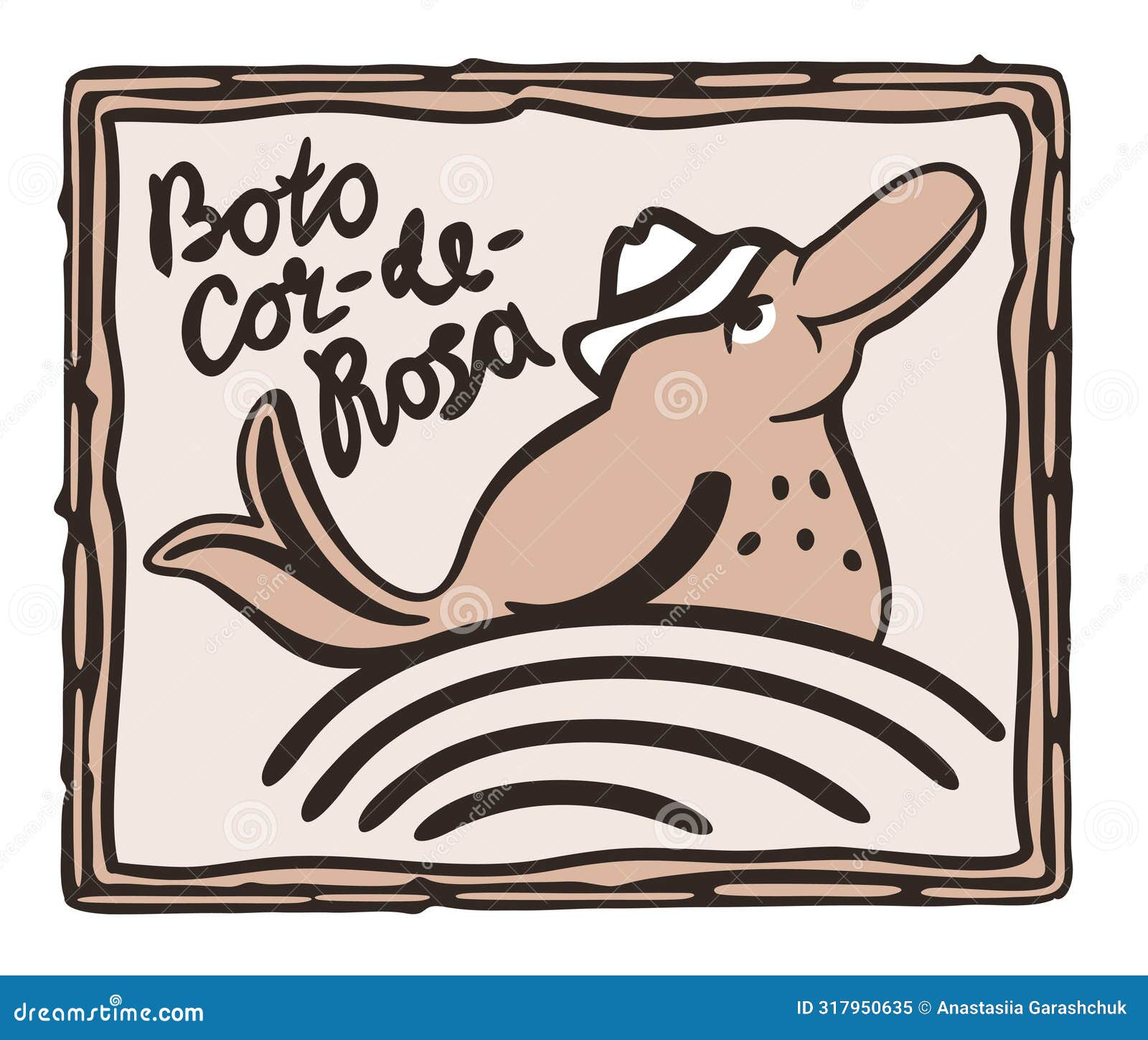Have you ever found yourself with a question, a thought, or maybe even a health worry, and that immediate question pops into your head: "onde boto?" It's a phrase that, in Portuguese, quite simply asks "where do I put it?" or "where do I place it?" Yet, it holds so much more meaning when we're looking for information, especially in our connected world. It's about finding the right spot to direct our curiosity, to get the answers we need, and to feel a little more sure about things. So, too it's almost like a quiet call for guidance, a way of asking: "Where do I begin this search?"
This little phrase, "onde boto," truly captures a common human need: the desire to find a place for our questions. Whether it's something as straightforward as looking up a recipe or as serious as trying to understand a health symptom, knowing where to direct that initial inquiry can make all the difference. We're all, in a way, seeking a reliable spot to drop our thoughts and have them blossom into understanding, that is that.
Today, we'll explore what "onde boto" truly means in the context of finding information online. We'll look at how to effectively ask your questions, where to look for trustworthy answers, and how to make sense of what you find. It's about giving you the tools to confidently say "onde boto" and then know exactly what to do next, you know, for better results.
Table of Contents
- Understanding "Onde Boto": More Than Just a Phrase
- Finding Answers: Where to Direct Your Queries
- Addressing Health Concerns: "Onde Boto" Minha Dúvida de Saúde?
- The Importance of Asking the Right Questions
- FAQs
- Final Thoughts: Empowering Your Search
Understanding "Onde Boto": More Than Just a Phrase
The Common Meanings
The phrase "onde boto" is quite versatile in Portuguese, you know, depending on the situation. It can mean something as simple as "where do I put this object?" if you're holding something in your hand and looking for a place to set it down. It might also refer to where you cast a vote, like "onde boto meu voto?" during an election. It's a very direct way of asking about placement or action, which is something we do all the time, pretty much.
But when we talk about "onde boto" in the context of information, it takes on a slightly different, more thoughtful meaning. It's less about a physical spot and more about a conceptual one. It’s asking: "where do I direct my mental effort or my question to get a response?" This shift in meaning is actually quite important for finding things online, as a matter of fact.
"Onde Boto" in the Digital Age
In our modern world, the answer to "onde boto" often points to a search engine. When you have a question, your immediate thought might be to open a browser and type it in. This is where you 'put' your query, expecting a list of results in return. The web address for the search engine's results page is, in essence, the place where your query goes to be processed, you see. It's the starting point for countless information journeys every single day, quite literally.
Thinking about "onde boto" as the starting point for a search helps us frame our approach to finding information. It's not just about typing words; it's about understanding that you're initiating a conversation with a vast network of data. The effectiveness of that conversation depends a lot on how you phrase your initial "onde boto" question, and what kind of details you include, like your, sort of, specific needs.
Finding Answers: Where to Direct Your Queries
Crafting Effective Search Queries
Once you decide "onde boto" your question, the next step is figuring out how to phrase it so that the search engine understands what you're looking for. It's a bit like talking to a very smart, very literal assistant. You want to be clear and direct, you know, to get the best help possible. The way you shape your words really does matter, at the end of the day.
Using Keywords and Phrases
When you type into a search box, you're essentially providing keywords. These are the main words or short phrases that capture the core of your question. For instance, if you're wondering about a certain health issue, you might start with something simple like "bronchitis symptoms" or "causes of inflammation." It's about getting straight to the point, which helps the search engine narrow down its vast collection of information, honestly.
Sometimes, using a full question works well too, like "what causes inflammation in the wall of the bronchi?" This can help the search engine understand the context better. However, sometimes shorter, more focused keywords can be more effective. It's a balance, really, between being specific enough and not being too wordy, you know, just like when you're talking to someone.
The Power of Search Operators
Did you know you can make your searches much more powerful by using special commands, sometimes called search operators? These are little tricks that tell the search engine exactly how to interpret your request. For example, some systems allow you to perform a "query" that executes a search over data using a specific language, like the Google Visualization API query language. This might look complex, like `query(A2:E6; "select avg (A) pivot B")`, but for everyday searches, simpler operators exist, like using quotation marks for exact phrases, you know, for more precise results.
Using quotation marks around a phrase, such as "bronchitis bilateral inflammation," tells the search engine to look for those words together, in that exact order. This is incredibly useful when you're looking for something very specific and want to avoid results where the words appear separately. It's a small change that can make a huge difference in the quality of your search results, which is pretty neat, if you ask me.
You can also use operators to exclude words (like `-site:example.com` to remove results from a certain website) or to search within a specific site (like `site:nhs.uk bronchitis`). These tools are like giving the search engine very precise instructions, making it much easier to find exactly what you're looking for, rather than sifting through irrelevant information. It's a way to really fine-tune your "onde boto" moment, in a way.
Autocomplete and Search Predictions
Have you noticed how, once you start to type into a search box, autocomplete predictions often appear? These predictions reflect real searches that have been done on Google. Our systems look for common queries that people have made, which is actually pretty helpful. This means that if you're typing "bronchitis," the suggestions might include "bronchitis symptoms" or "bronchitis treatment," guiding you towards popular and relevant search paths, which is kind of cool.
These predictions can be a great way to refine your initial "onde boto" thought. If you're not quite sure how to phrase your question, the autocomplete feature can give you ideas based on what others have searched for. It's like having a little helper suggesting the most common ways to ask about a topic, helping you get to the information faster, you know, without too much fuss.
Evaluating Search Results
Once you've put your query out there, you'll get a page full of results. This is where the next part of "onde boto" comes in: deciding where to click. Not every link is equally reliable, especially when it comes to important topics like health. It's crucial to look at the source of the information. Is it a reputable organization? Is it a well-known medical institution? These are good questions to ask yourself, just a little bit, before you click.
Look for signs of authority and accuracy. Websites from government health organizations, established medical universities, or respected non-profits are generally good places to start. Be wary of sites that make grand claims without evidence or that seem to be selling a specific product as a cure. A critical eye is your best friend when sifting through search results, obviously.
Addressing Health Concerns: "Onde Boto" Minha Dúvida de Saúde?
Recognizing Bronchial Inflammation and Related Issues
A very common reason people ask "onde boto" is when they have health concerns. Perhaps you're experiencing a persistent cough or difficulty breathing, and you wonder, "where do I find out what this means?" The provided text mentions several health issues, particularly related to the respiratory system, which are often subjects of such searches. Understanding these basic concepts can help you form better questions, you know, for more relevant answers.
What Happens with Bronchial Inflammation?
When inflammation happens in the wall of the bronchi, it causes an obstruction, more or less important, to the flow of air. This is a key point in understanding many respiratory problems. The bronchial inflammation is a response in the airways that happens when the body reacts to an injury or disease. It produces a series of biological processes, like a cascade, which can lead to symptoms like a persistent cough, which is pretty common.
The disease of the bronchi, often known as bronchitis, is an inflammation of the main airways of the lungs, those respiratory arteries that carry oxygen to the lungs. This irritation makes them swell. The main symptom is a cough, which can produce mucus. So, if you're experiencing these things, you might be asking "onde boto" to learn more about what's going on with your body, and that's a very natural thing to do.
Types and Symptoms
Bronchitis can be classified as acute, meaning it's short-lived and often connected to an infection, or it can be chronic. Bilateral bronchitis is when both lungs' bronchi are inflamed at the same time. The text mentions that the commitment of the bronchial mucosa is an inflammatory one, also with an increase in mucous secretion and inflammatory exudation. This can be serous in viral processes, or fibrinous in others. These details are important for doctors, but for someone searching, knowing the general symptoms is a good start, honestly.
The thickening around the bronchi at the root of the lung, where the pulmonary artery and vein, lymphatic vessels, and bronchi emerge, is a sign that can be seen in medical imaging. Dilatation of the bronchi is connected to inflammatory changes and destruction of the walls of medium-sized bronchi. These are all examples of what someone might be searching for if they've received a medical report and are trying to understand it, you know, to make sense of the words.
Understanding Medical Terminology
Medical terms can be quite complex, and that's why many people ask "onde boto" when faced with them. Words like "peribronchial interstitial reinforcement" or "costophrenic and costodiaphragmatic sinuses free" can sound intimidating. When you encounter such phrases, your "onde boto" question might shift to "where do I find a simple explanation for this term?" Searching for definitions of specific medical terms is a very common and very helpful way to use search engines, you know, for clarity.
It's perfectly fine to search for "what is peribronchial thickening?" or "meaning of costophrenic sinuses." Breaking down complex medical reports into smaller, more understandable pieces is a smart strategy. This helps you grasp the information without feeling overwhelmed, which is pretty important when it comes to your health, obviously.
Reliable Sources for Health Information
When you ask "onde boto" your health question, choosing where to look for answers is critical. The internet is full of information, but not all of it is accurate or safe. For health concerns, it's really important to prioritize trustworthy sources. Your health is, after all, very important, and you want the best information, pretty much.
Consulting Medical Professionals
The very best place to "boto" your health questions is always with a qualified medical professional. Doctors, nurses, and other healthcare providers have the training and experience to give you accurate diagnoses and personalized advice. Online information should never replace a visit to your doctor, you know, for proper care. They can assess your specific situation, which an online article simply cannot do, in a way.
If you're experiencing symptoms like a persistent cough, shortness of breath, or any other concerning health changes, making an appointment with a doctor is the most responsible step. They can perform examinations, order tests if needed, and give you a clear picture of what might be happening. This is where your most important "onde boto" truly lies for health concerns, like, for real.
Trusted Online Resources
However, for general information, understanding a condition, or preparing questions for your doctor, trusted online resources can be incredibly helpful. Look for websites from well-known health organizations, government health agencies, or academic medical centers. These sites typically provide information that has been reviewed by medical experts, which is a big plus, you know, for reliability.
For example, organizations like the World Health Organization (WHO), national health services, or reputable university hospitals often have extensive sections on common conditions like bronchitis and inflammation. These are the kinds of places where you can confidently "boto" your general questions about health conditions and symptoms, knowing the information is generally sound. You can learn more about health topics on our site, which is a good place to start, too.
When to Seek Professional Help
While searching online can give you some initial insights, it's absolutely vital to know when your "onde boto" should lead you directly to a doctor's office or an emergency room. Bronchial inflammation can lead to serious conditions if not properly managed. If you experience severe shortness of breath, chest pain, high fever, or if your cough produces thick, discolored mucus, these are signs that you need immediate medical attention, honestly.
Don't delay seeking professional medical advice for serious or worsening symptoms. Online searches are for information, not for self-diagnosis or self-treatment of serious conditions. Knowing when to transition from "onde boto" my search query to "onde boto" myself in the doctor's waiting room is a very important part of managing your health, pretty much, for everyone.
The Importance of Asking the Right Questions
The core of "onde boto" really boils down to asking the right questions. Whether you're typing into a search engine or speaking with a healthcare provider, the clarity of your question determines the quality of the answer you receive. If you're vague, you'll get vague results. If you're specific, you're much more likely to get what you need, like your, sort of, ideal outcome.
This applies to everything from technical queries about how a search engine processes a "query" to personal health questions about inflammation. Understanding what you want to know, and then formulating that desire into a clear, concise question, is a skill that serves you well in every part of life. It's about being effective with your time and effort, you know, for better results.
So, the next time you find



